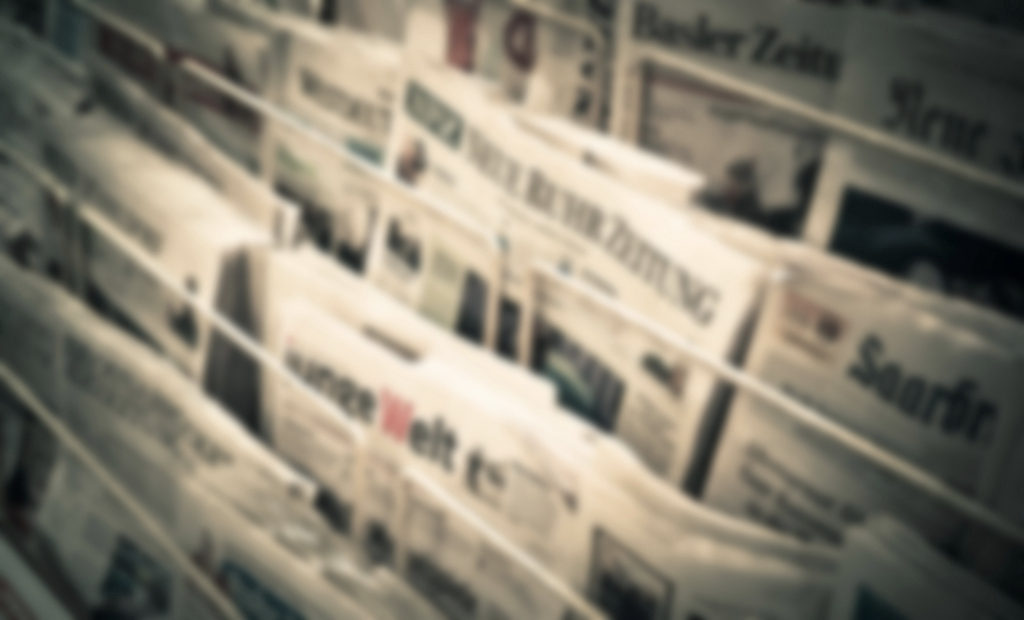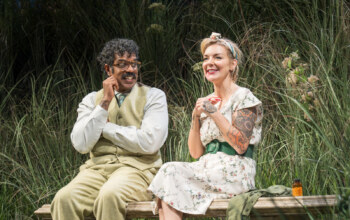Should social media companies do more to shut down extremist accounts?

Earlier this week, notorious hacking group Anonymous released a list of ISIS Twitter and Facebook accounts and vows fresh attacks against social media accounts associated with the extremist association.
This most recent attack on the extremist group follows Anonymous’ open decision to “declare war” against terrorist groups the world over.
In a video published on YouTube, Anonymous said that ISIS would be hunted down and treated like a virus. It was also made clear that the members of Anonymous came from a myriad of different backgrounds:
“First we need to clarify few a things. We are: Muslims, Christians, Jews. We are hackers, crackers, Hacktivists, phishers, agents, spies, or just the guy from next door. We Are students, administrators, workers, clerks, unemployed, rich, poor. We are young or old, gay or straight. We wear smart clothes or rugs. We are hedonists, ascetics, joy riders or activists. We come from all races, countries, religions, and ethnicity. United as one, divided by zero. We are Anonymous.”
Since the initial announcement, over 1,500 social media accounts, recruitment sites and email addresses have been removed from the internet. In addition to this, Anonymous have also announced plans to launch a series of attacks against states accused of funding ISIS.
An Anonymous source speaking to Forbes last year declared: “We plan on sending a straightforward message to Turkey, Saudi Arabia, Qatar and all other countries that evidently supply ISIS for their own gain… In the next few days, we will begin defacing the government websites of these countries so that they understand this message clearly.”
The response to this revelation has been varied, but should social media companies do more to shut down extremist accounts?
It is the opinion of many, if not most, that social media websites have a “social responsibility” to contribute more to the fight against terrorism.
David Cameron issued a plea to the likes of Facebook and Twitter to grant Britain’s intelligence agencies access to the data and content of online communications between terror suspects, also stating that there should be no “safe space” for terrorists. But who can and will draw the line? It seems that Anonymous have taken said line into their own hands, ignoring the outcries regarding freedom of speech.
It seems ironic that when governments call for rights to hack into private data, such a proposition is opposed fervently, yet when Anonymous take the matter into their own hands, without need for request, their actions are praised.
Essentially, it comes down to the age-old Robin Hood mindset: we like a rebel who breaks the rules to achieve good in the world, but we rain down hard on the authority figure who tries to do things by the book. A generalised idea, but when facing the scarily lawless organisations behind terrorism, methods not in the book have to, at least, be considered.
An underlying false sense of personal security could rise from this. If those social media giants do nothing to expel terrorist suspects from their services, Anonymous will; but surely it’s crucial for everyone to do their bit, rather than relying on a group of hackers we’re socially expected to condemn.
The reality is that the lines are extremely blurred and what exists is a grey area of internet morality which requires more attention than it is currently receiving. Everyone should do more to stop online terrorism in all forms, from extremist communication to the sort of incessant bullying which causes people to take their own lives, whether that’s done via Cameron’s intelligence agencies forcing their way in or through other means.
The general public have to allow for a few mistakes whilst appropriate plans are put into place. Finding the balance between maintaining free speech and protecting the public has been a consistent struggle throughout history and is seemingly becoming an even larger challenge online.
As Anonymous and their motto – “we do not forgive, we do not forget” – take the lead in combatting the spread of media terrorism, it seems we are yet to see a united front amongst social media companies in finding a system that both liberates and protects people using the internet.
Elizabeth Finney

























Facebook
Twitter
Instagram
YouTube
RSS